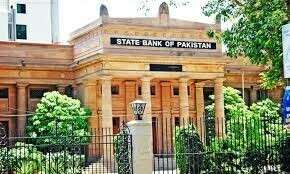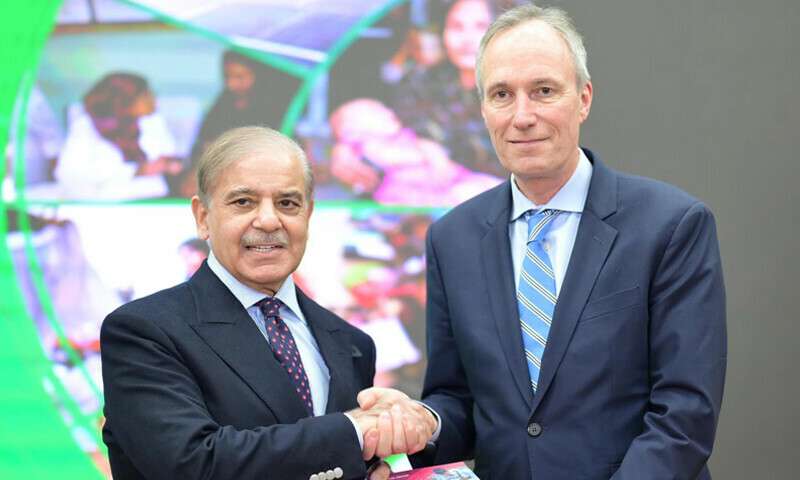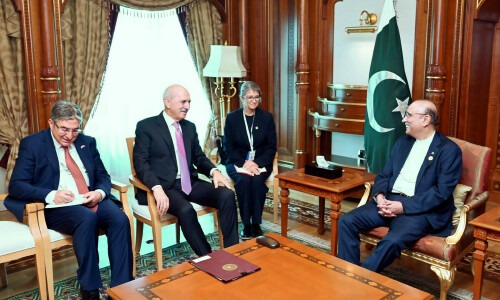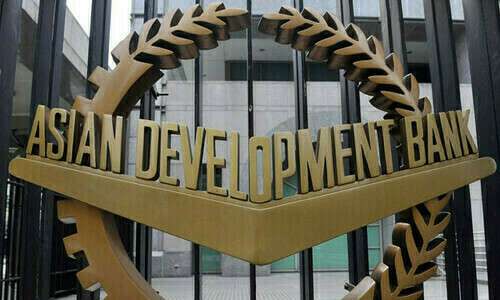KARACHI: The state-owned enterprises (SOEs), both existing and privatised, continue to face significant issues, indicating that the reforms have not met the desired outcomes.
The State Bank of Pakistan (SBP), in its Annual Report 2023-24, included a 40-page study titled “Reforming State-owned Enterprises in Pakistan” and highlighted several reasons for the failure of SOE reforms, primarily attributing it to a lack of political will.
For instance, the study noted that the privatisation of Karachi Electric Supply Corporation (now K-Electric) showed improvements in service delivery and profitability. “However, its consumers still face high electricity costs and frequent power outages due to unresolved sectoral policy and governance issues,” the study added.
Similarly, the capital market transactions of Sui Southern Gas Company (SSGC) and Sui Northern Gas Pipelines Ltd (SNGPL) helped the government raise non-tax revenues with the hope that stock market listing would enforce more stringent corporate governance.
Study Lists Key Issues: Lack of Political Will, Slow Process, and Legal Hitches
“However, unresolved sectoral and business policy issues continue to burden these SOEs’ operations and finances,” observed the study. This contrasts with the banking and telecom sectors, where the privatisation of SOEs was accompanied by a series of policy and governance reforms.
A sector-wise review of privatisation transactions reveals that the process has been prolonged—taking about 6 to 16 years to complete—even in small-sized and less complicated entities such as Roti plants.
Moreover, large-size transactions, mainly related to banks, telecom, and energy sectors, were executed through the capital market after 2001.
“Additionally, the privatisation process was marked by several legal and institutional weaknesses. Some privatisation deals also faced transparency and procedural issues, leading to diminished public confidence in the process,” said the report.
MUST READ:
https://flarenews.pk/2024/10/21/larger-batteries-slimmer-designs-the-future-of-foldable-smartphones/
Some attempts at SOE reforms involved improving the business operations of individual SOEs to revive them. However, even with full political support, the lack of good corporate governance and other enabling reforms led to a deterioration of SOEs’ business operations, profitability, assets, and service delivery, such as in PIA and Pakistan Railways, said the study. “As a result, bailout packages were provided, creating a vicious cycle.”
By the end of FY23, there were 121 federally-owned SOEs, of which 73 percent were commercial, and the rest were non-commercial for various sectoral development needs. The federal commercial SOEs are mainly categorized into the finance, oil and gas, power, infrastructure, transport, Information Technology & Communication (ITC), manufacturing, and trading and marketing sectors.
“While these entities contribute to the government’s revenues and generate employment, they also require frequent government assistance, affecting fiscal sustainability. On a net basis, these SOEs had posted consistent losses between FY16 and FY23,” said the study.



